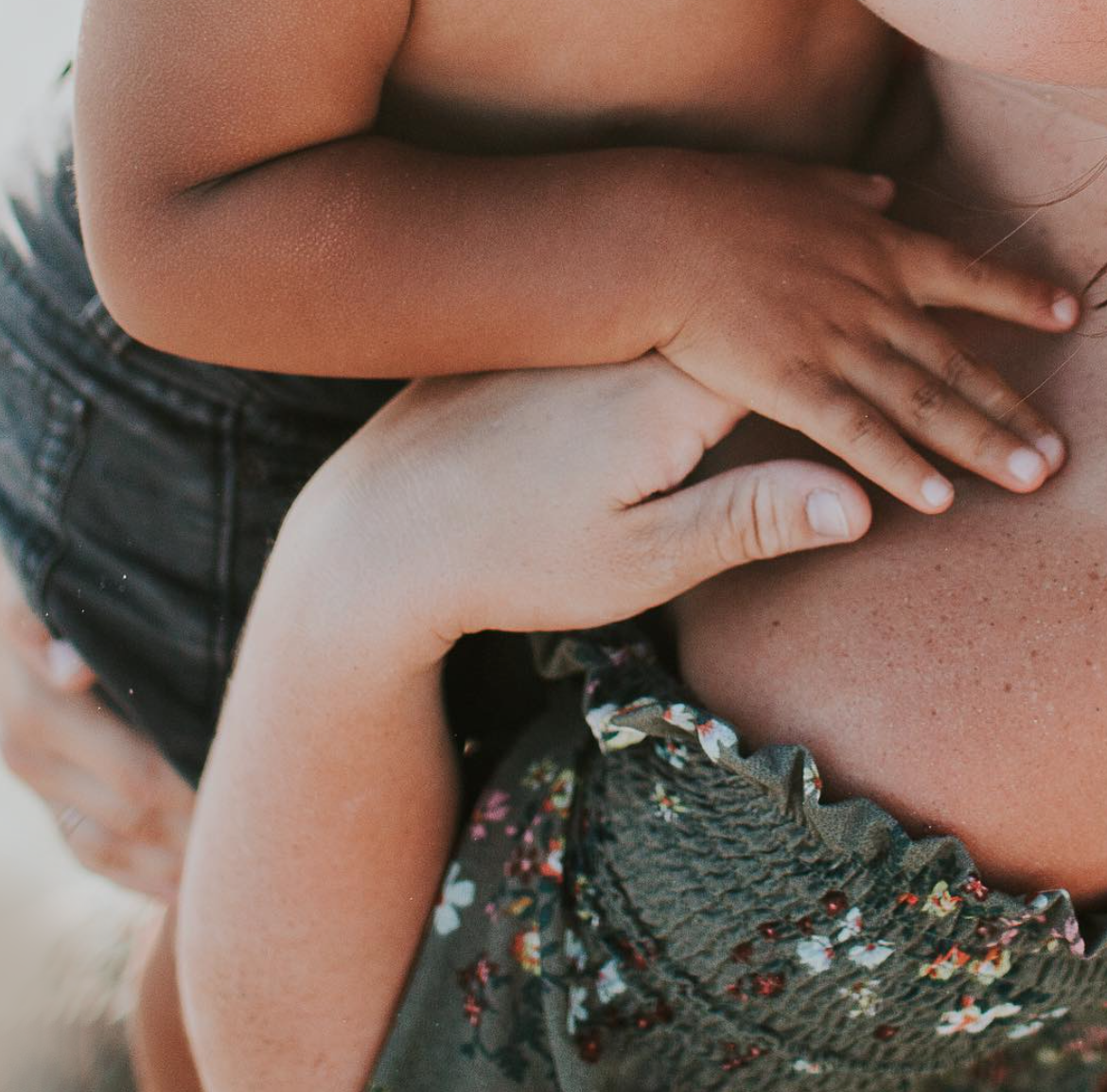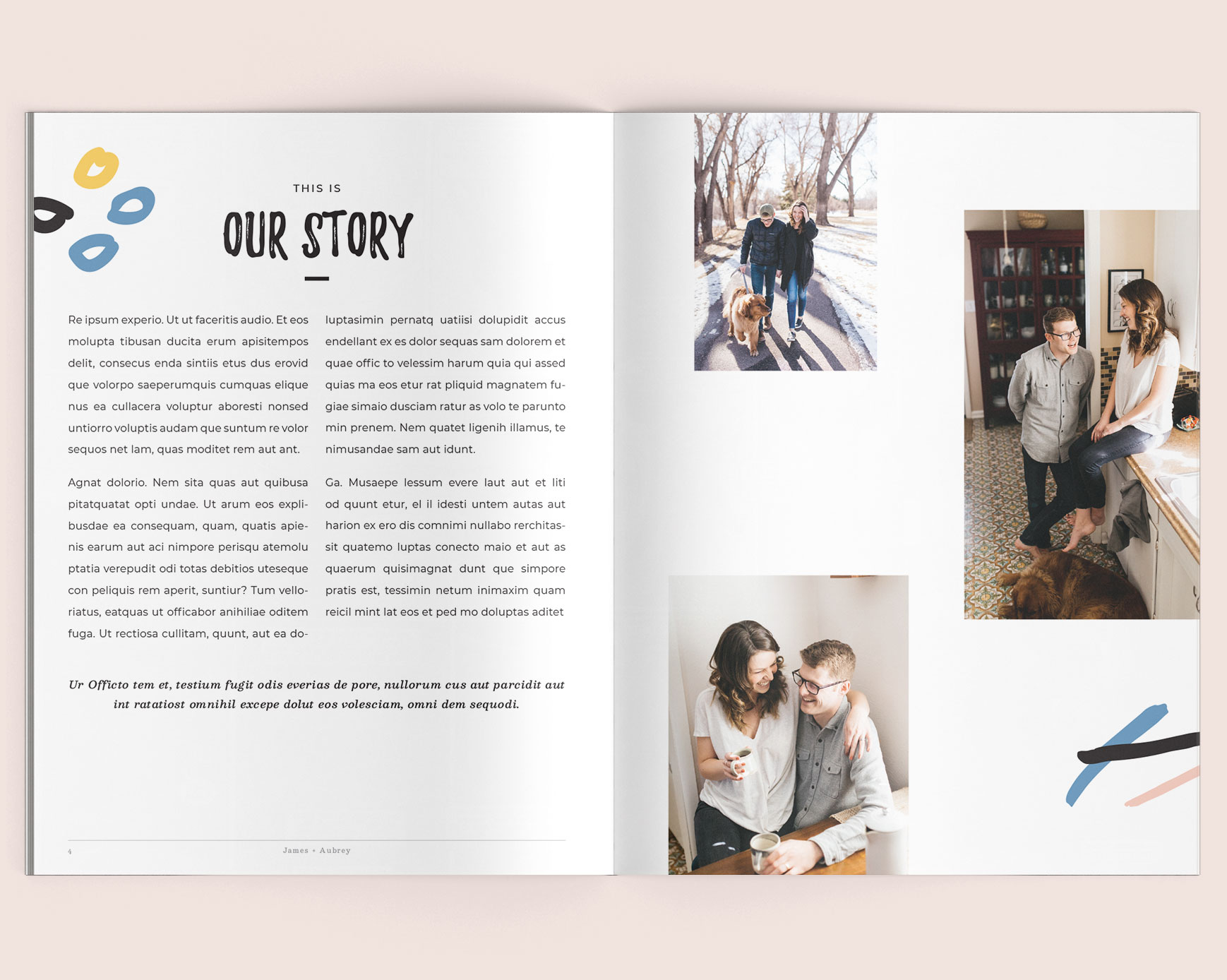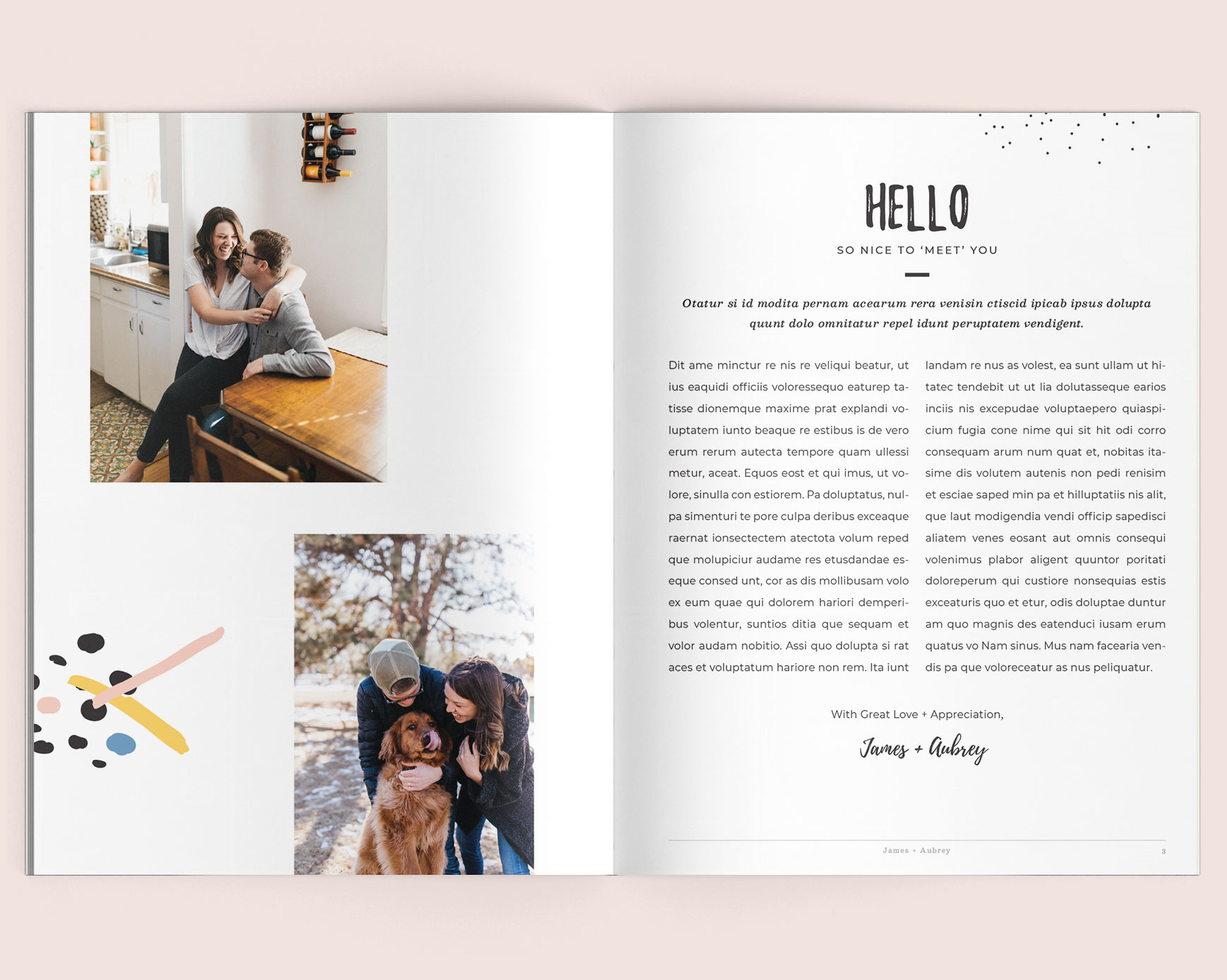For basically twelve years, through two placements, nineteen months apart, I had put on a brave face, a mask. I had rarely allowed myself to fully feel my feelings regarding placement, I didn’t allow myself to truly grieve. In some ways, I had lied to myself that I even deserved to grieve. This was my choice. I had made these decisions. How did I have a right to grieve what was self-inflicted?
I hit rock bottom in January, 2013, after placing my birth daughter in September, 2001, followed by my birth son in April, 2003. Up until that point, I thought I was ‘fine’, that my acting out, my lifestyle, was typical of a late 20’s-early 30’s woman, and while it may have been to some externally – internally, I felt like I was continually sinking, no matter what I did to fill the extreme emptiness inside of me, to try and rise to a level of genuine happiness. And I couldn’t put my finger on why. I didn’t correlate that grief and trauma had been underlying the whole time, that I had brushed so much under the rug, continually allowing it to pile up, until I became incapable of walking through my life without tripping over everything I had swept under my proverbial mat.
Finding a therapist is what enabled me to finally realize that delayed and unresolved grief was my reality. I had lived in denial for so long that I wasn’t deeply affected by placement. I adhered blinders to my face to stay focused on the positive, the good things, to not get bogged down in suck and wallow, complaining and moaning, “Whoa is me” victimhood; and in doing so, I completely negated the fact that I even needed to grieve. I had to embrace what I was subconsciously denying and allow myself to feel the pain and hurt that had been stifled, for many years, through unhealthy coping mechanisms.
In my own grief, I was stuck in flight, fright AND freeze, simultaneously. I was running from my problems, in fear of what it would look like if I met them head on, freezing up all the mandatory emotions I truly needed in order to begin healing. I was in desperation survival mode, without even realizing it. Therapy brought about the realization of the delayed action of my grief, but it wasn’t until I went back to college, to finish my degree with an emphasis in psychology and counseling, that I learned about grief’s association with trauma and the trauma and crisis that had been internally and externally intermittently woven into my own life – and not just because of placement. It was like a ton of bricks to my chest and a lightbulb above my head. So much more made sense with this new information, information that should have been imparted to me before placement, the possibility of delayed grief and trauma being a reality. I would have been much better equipped to deal with those things had I been told, had I known. Instead, I spent many years not knowing what was wrong with me and chalking it up to my personal brokenness, steeped in shame, instead of realizing, at the root, was unresolved grief and trauma that needed addressing.
Now, I am much more mindful of my grief and trauma, because, let’s be honest, it will always be there, with birth mothers, with adoptees, it becomes a part of our makeup, no matter how subtle or in-your-face it may present itself. When it rears for me now, when I get triggered, instead of running, becoming fearful and freezing up my emotions, I breathe deep and do my best to lean in, even if it hurts. The waves come and go, some are more forceful than others, but I have become much more equipped to deal with how to keep my head above the water now. I cling to the life preserver that I am not the only person to ever experience these things, and I won’t be the last. I have also survived some incredibly difficult things and come out on the other side a better human because of the hurt.
My hope is that others won’t feel alone, shamed or silenced in their grief and trauma, regardless of when and how it presents itself. I felt a lot of personal shame for not realizing my own sooner, for not being as in-tune with myself as I always thought I was. I had to realize that I wasn’t alone and that asking for help, no matter how much time may have passed, is strength, not weakness. Delayed grief is real, but it doesn’t have to be detrimental. When it hits you, lean in, and if it gets too much, reach out. Delayed grief and trauma can be breeding grounds for isolation. Don’t allow those lies to take root. Instead, use those moments, those hard, sometimes breakdown moments, to discover even more about who you are and the quality of the people you allow to show up for you, including yourself. Who you are deserves to be known and the genuine opportunity for others to love you because of your grief, trauma, et al, not in spite of. Grief doesn’t have a timeline and healing shouldn’t either. They are both continual, lifelong and can mutually coexist beautifully.
WRITTEN BY SARAH NOELLE SCHMIDTH
Sarah is a graduate of Azusa Pacific University with emphasis in Psychology and Pastoral Counseling. She is a native Californian that currently resides in Salt Lake City, Utah with her husband and their three year old son. She was the first birth mother to sit on the board of the Southern California Chapter of Bethany Christian Services and is also a writer, speaker and adoption education advocate through her page, Adoption Education Keys. As a birth mother of two teenagers, placed at birth with the same couple, in an open adoption, she empathizes with women who make the heartbreaking sacrifice that is choosing placement for their children. Her passions for people, healing and encouragement lead her to write and share her story through various platforms in hopes that others will not feel alone in their own journeys, but instead feel the grace, love and comfort that come from having a community of support rallying around each woman in need. Her heart’s calling is helping women see their worth, bringing them together to embrace their differences, flaws and uniquenesses, helping each other through life, standing beside one another in solidarity, accepting and loving those deemed unacceptable, educating in love and trying to understand the misunderstood. She is currently a contributing author through Lifetime Healing Foundation’s Knee to Knee program, the nation’s first post-placement care curriculum for birth mothers and a consultant, workshop host and birth mother voice for the Back to Basics online triad education experience for adopting and adoptive couples and parents. She is an Enneagram 4w5, enjoys music, dance parties, collaging, coloring, connecting, writing haikus about motherhood that she calls Momku Poems, game nights and any time spent with her family and friends.










